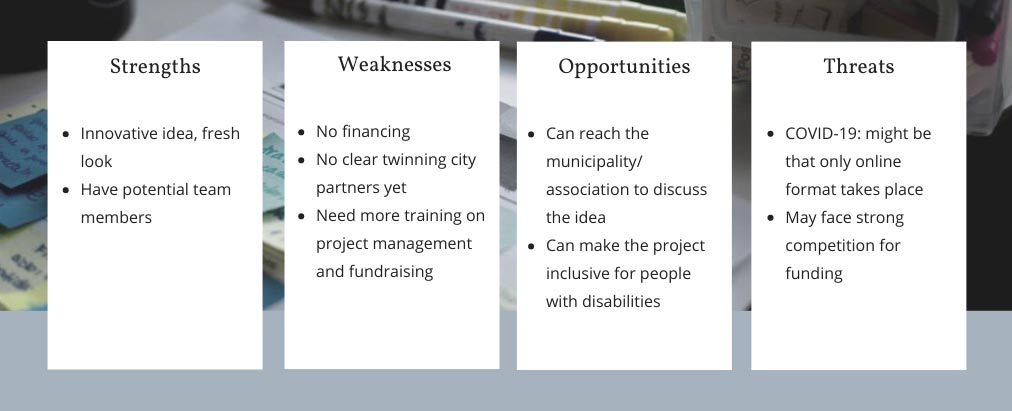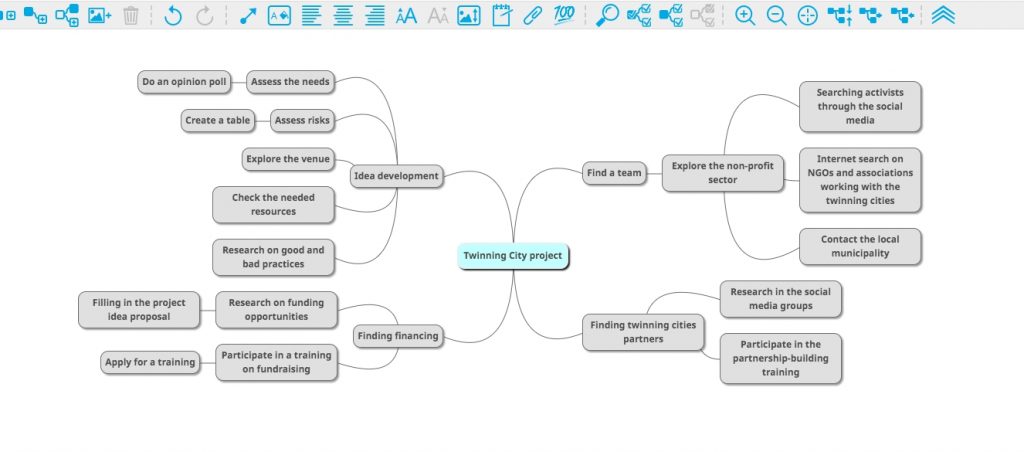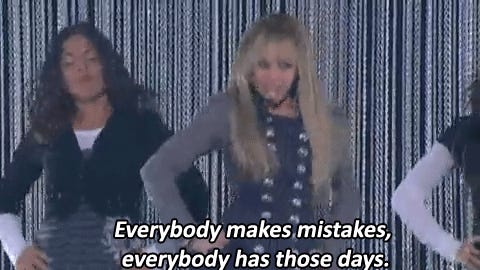What you need to know before you start the twinning city project.
Creating your first project within the twin city framework is not that easy. It’s pretty challenging, but also rewarding!
In this post, we would like to share with you the most important and practical tips on how to start: research, create a working plan, and adopt a driving mindset!
Look for the good practices
You have an amazing idea, but let’s think… Is it brand new? Is there a chance that anybody have tried to implement it before? What was the result?
Most probably you’re not the first. Something similar in form or content has already been implemented. Many mistakes have already been made by somebody. So, why not to learn from those?
Do research: surf the internet, connect to the local activists, contact your municipality, check out the Twin City database and you’ll get surprised how many insights you can get from those little steps! Even small tips may change the direction of your idea completely, so keep calm and look for good practices.
Here’s the approximate list of questions you may want to ask:
- How did you develop the idea?
- How did you find partner twinning city/cities?
- Why is the twinning city framework beneficial for this project idea (rather that a regular international cooperation)
- Which difficulties did you face at all of the stages of the project realization?
You may want to briefly describe your idea and ask for the opinion. If you find common interests why not cooperate!
Estimate
It may seem at the start that you’re invincible. In fact, anything can happen. So, asses what are the risks. What you could try to do about them?
Do you have enough resources for your idea: a team of similar-thinkers, financial support and knowledge in your area? If the answer is «no» for any of those, which is very probable, it doesn’t mean you should give up! Quite on the contrary: take it as a starting point.
Use the SWOT analysis template, and brainstorm on what are your strengths and weaknesses, and see where you can get better. Maybe you can attend the trainings on project management or fundraising, maybe you can participate in partnership-building forum and find NGOs, associations and activists to create contacts and gather a strong team around you. You can use our Twin City database to find partners and the funding opportunities online!

Create a strong team
Team is very important. These are the people who will motivate you, support you, follow and at the same time guide you. Whether you already have some potential team members on your mind or not, take some time to consider the following questions:
- Why would they want to join you?
- What is their professional interest and background?
- Do they share the same values?
- Are they excited about the idea?
If it turns out that not, it will pull you back. Reflect carefully how did you meet and what were the circumstances where you started to work together. Make a psychological dive in their interests and intentions.
This is especially important when the project involves cooperation with the foreign partners, just like in the framework of twinning cities. It’s pretty hard (or rather impossible) to build the appropriate external working relations if the internal local ones leave much to be desired.
So, take this step seriously: reflect and find those who really support your idea, value set and your final goal.
Make plan and a timeline
Set your final goal and create «a ladder» of smaller steps. Verbalize them properly and put realistic deadlines. For this, you might want to consult more experienced colleagues of yours in the field.
Mindmapping is a great tool that will help you to organize all of your tasks. Brainstorm and try to split the big tasks into smaller points. You may choose one of the following free options:
- Mindmup mindmup.com;
- XMind xmind.net;
- Mindmeister mindmeister.com;
- FreeMind freemind.sourceforge.net.

Most important: always remember to follow your plan, but don’t be afraid to make appropriate corrections while implementation. As we have already stated: it never goes exactly the way it was initially planned. For this reason, create the back up-s for all situations possible. Make plan A, B, C, D…!
Make mistakes
Take it as an experience. In the end, that’s the most effective way to learn and get better!

Stay tuned for the FIrst Steps#3!
Photo credits: unsplash.com

